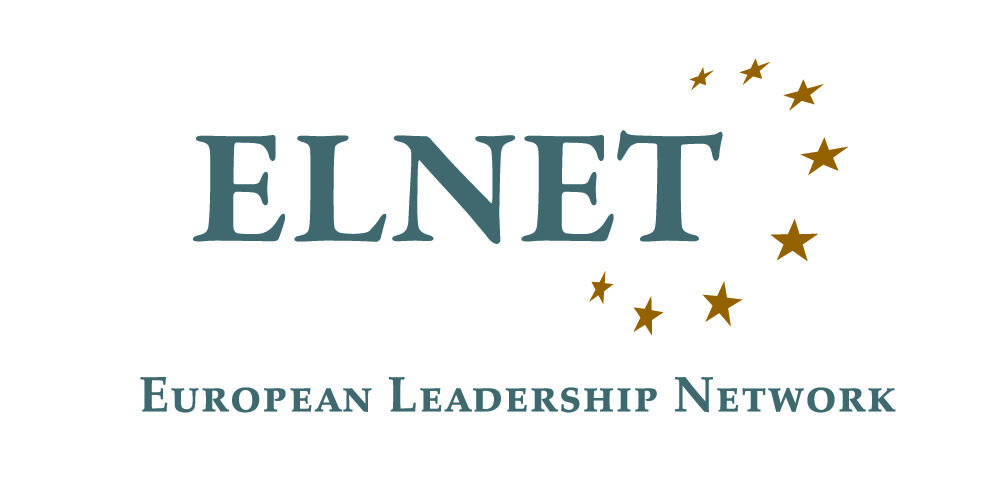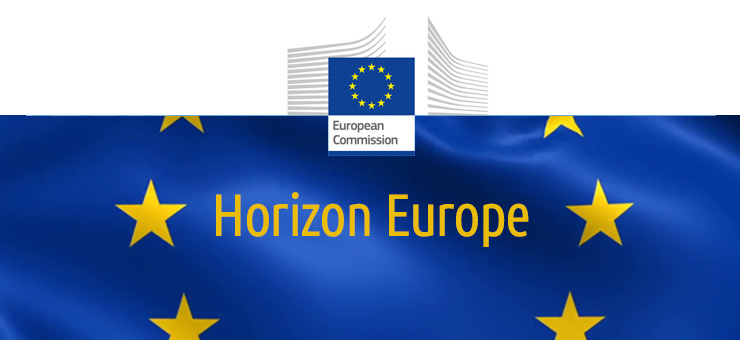What the EU has to gain from Israeli participation in Horizon Europe: A Strategic Imperative
The EU’s Horizon Europe programme, a €95.5 billion programme for research and innovation for 2021-2027, is ambitious: it demands both depth and breadth of innovation. Israel supplies precisely that – respected scientific partners, innovative startups, deep-tech breakthroughs, and cross-border platforms that elevate the EU’s competitiveness on the global stage. The European Commission’s recent proposal to partially suspend Israel’s participation to Horizon Europe, more specifically in the European Innovation Council (EIC) Accelerator – intended to pressure Israel over the humanitarian crisis in Gaza – would create deep, long-term setbacks in scientific innovation (in addition to the damage it would inflict on the EU’s diplomatic and political relations with Israel). The move targets specifically cybersecurity, drones, and artificial intelligence, areas that are crucial to the defence of Europe and Ukraine. Excluding Israel is not just a symbolic gesture – it is a self-inflicted wound to the EU’s innovation fabric, to its aspirations in green transition, digital sovereignty, and resilient growth. In the competition for global leadership in science and technology, inclusion of all high-performing democratic partners – including Israel – is not a luxury: it is a strategic necessity.
Proven Performance & Tremendous Returns
From 2021 to 2024, Israeli researchers and companies secured over €1.1 billion in Horizon Europe funding-split as follows: €592 million to 605 researchers, €228 million to 386 companies, and €95 million to 40 Small and Medium-sized Enterprise (SME)s, €242 million to Israeli start-ups and SMEs through the EIC Accelerator, underscoring their ability to convert support into high-impact commercialization (Israel Innovation Authority).
Israel ranks third (out of 19 Associated Countries) in terms of overall participation in the programme. Top participants include the Weizmann Institute of Science, Tel Aviv University, and The Hebrew University of Jerusalem, as well as companies such as Mellanox Technologies (acquired by NVIDIA in 2020), TripleW, and IBM Israel. Top collaborations are with Germany, Spain, and Italy.
Before that, under Horizon 2020 alone, Israel participated in 1,694 projects with 2,105 individual participations, securing a total of €1.3 billion (Research and innovation). Israel was among the best performers in the European Innovation Council Pilot and in the SME instrument (Research and innovation). Israel excelled in ICT, health, advanced manufacturing, food and biotechnology, environment, and energy.
In the EIC Accelerator specifically, Israeli startups ranked third among countries, with nine companies awarded funding—trailing only Germany and France—and collectively gaining €130 million of the €411 million distributed (German-Israeli Chamber of Industry & Commerce – AHK). These are not abstract numbers: they represent the pinnacle of deep-tech and breakthrough innovation, poised to scale up and compete on the global stage, connecting Israeli ingenuity with European ambition.
Exceptional Innovation
Israel’s contributions under Horizon Europe and preceding programmes have yielded multiple compelling success stories across various sectors, including an IT platform to handle extreme weather events – beAWARE, a hand-held sensor to detect cancer through a person’s breath – SniffPhone, smart road studs for greater road safety – InRoad, energy‑efficient, privacy‑preserving “data lakes” for cloud computing – TEADAL (IBM Israel), a distributed AI network applied in smart cities and healthcare – SMARTEDGE (Mellanox), a VR platform for natural disaster training, bolstering civic resilience – B‑PREPARED (EKON), and an AI-enabled paradigm for precision medicine in central nervous system diseases, NEUROKAIRE (formerly Genetika+) through the EIC Accelerator, and more (Research and innovation, Israel Innovation Authority). These examples demonstrate how Israel teams with European partners to tackle complex, transnational challenges.
Strategic Gains for Europe
Israel’s engagement delivers structural, strategic benefits:
- Global Excellence in Disruptive R&D: Israel consistently ranks among the top recipients of ERC funding—not just regionally but globally (Israel Innovation Authority, European Union External Action).
- Boosting EU‑Israel Ecosystem Synergies: Horizon Europe fosters dense collaboration via ISERD and EIT Hub Israel, which help Israeli and European innovators form high‑value consortia and propose winning projects (CTECH, Research and innovation).
European policymakers have recognized the mutual benefit: former Commissioner Mariya Gabriel (2019-2023) described Israel’s inclusion as “boosting our innovation capacity in support of green and digital agendas” (Research and innovation). The partnership has blossomed over decades—5,000+ joint projects since the 1990s (Research and innovation, European External Action Service).
What Europe Stands to Lose from Excluding Israel from Horizon Europe (Especially from the EIC Accelerator)
Loss of High‑Impact Innovations: Cutting Israeli access means foregoing disruptive technologies like NEUROKAIRE, SMARTEDGE, and more, that are already underway and offer important societal and economic returns.
Weakened Competitive Edge: The EU would lose a key pipeline of innovation-driving companies. Israeli startups often spearhead emerging technologies in AI, health, and sustainability—areas central to Europe’s strategic goals.
Diminished Network Effects: Scientific excellence thrives on diversity and cross-border trust. Exclusion risks eroding cooperation in shared platforms and consortia, thereby fragmenting Europe’s innovation ecosystem.
Strategic Reputation Risk: Such a move could signal that political tensions override evidence-based collaboration—deterring other non‑EU innovators from engaging with Europe.
Return on Investment Erosion: Israel’s strong performance in securing Horizon funding has translated into real-world outputs. Exclusion threatens the efficiency and impact of one of Europe’s most promising technology corridors.


